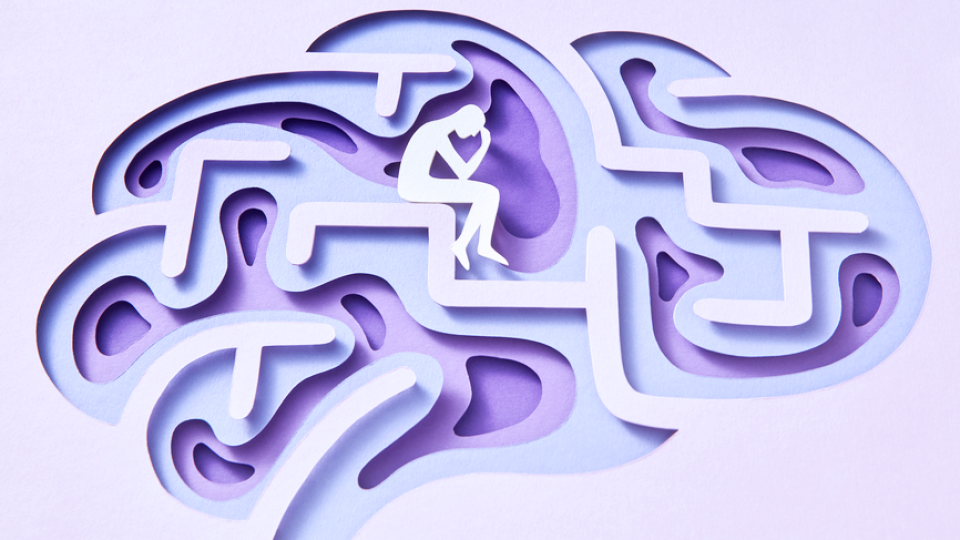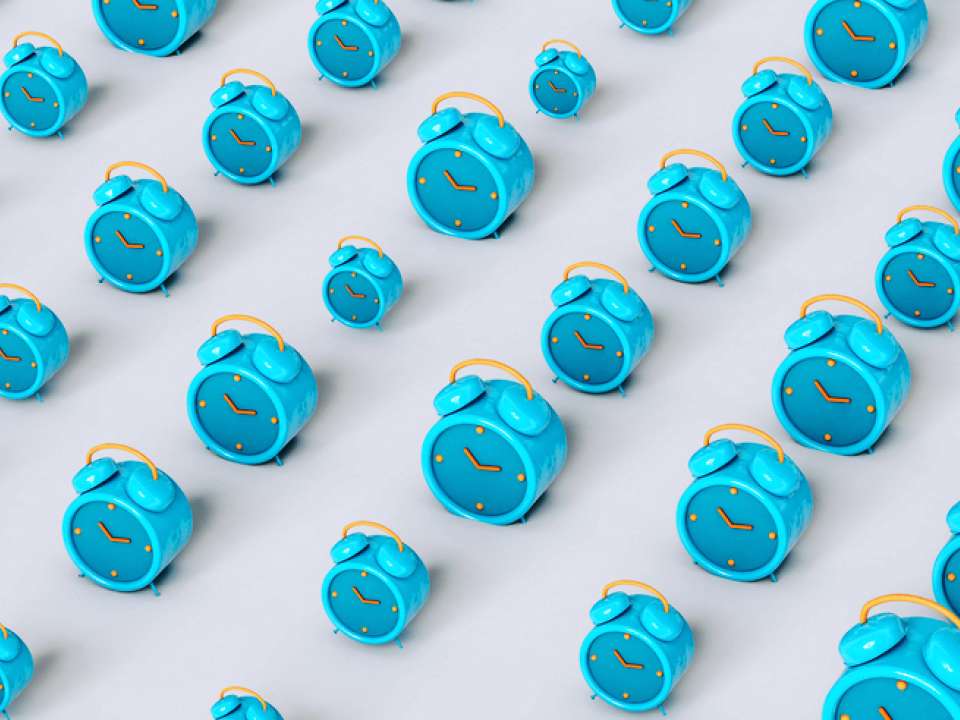
There is no one treatment for depression, and what could work for one person might not work for another. On one hand, it can feel reassuring to know that there are so many treatment options available. But on the other hand, for people with treatment-resistant depression, it can feel like a never-ending cycle of trial-and-error.
I’ve experienced this first-hand. For over a decade, I’ve worked with psychiatrists to create treatment plans that range from an array of antidepressants to exercise to extra vitamin D, only to feel the same — or worse — every time.
After learning about ketamine-assisted therapy, I decided to give it a try — and quickly understood why it’s a growing option for those looking for relief.
What is ketamine-assisted therapy?
Ketamine, a sedative and hallucinogenic, is a drug originally FDA-approved for anesthesia.
In a clinical setting, ketamine is being used off-label to alleviate feelings of depression, or lessen thoughts of suicide through its effects on the brain through interacting with neurotransmitters to stabilize your moods. The only FDA-approved ketamine treatment currently available is esketamine, an intranasal form of the drug.
“Ketamine for psychedelic-assisted therapy allows people to see themselves from a different perspective,” says Dr. Nathan Sackett, a trained addiction psychiatrist at the University of Washington School of Medicine Department of Psychiatry and Behavioral Sciences.
Sackett says ketamine can be used for depression as a treatment option and patients are monitored while doctors administer the drug in a clinic. A patient might have a psychedelic experience that could vary in intensity depending on the method of administration. The treatment usually lasts about an hour, and while the patient will be conscious and aware after the end of the treatment, they’ll need someone to drive them home from the clinic afterward.
“Most of the literature and strongest data comes from the IV route of administration, through low-dose ketamine over an hour,” says Sackett. “That being said, there are a lot of doctors who are using other forms, such as orally, intramuscularly or intranasally.”
Sackett says that from his experience working with doctors, these other methods can sometimes be as helpful as an IV treatment.
Is ketamine treatment for depression safe?
“Ketamine is nice because it’s been used for a long time,” says Sackett. “The main risks that can happen with ketamine are similar to other psychedelics in that it can be a stressful experience for people who aren’t in a well-supported environment. It can also cause anxiety or panic symptoms if you’re not prepared for the experience.”
From a physiological perspective, ketamine won’t interfere with respiratory drive, but it could create high blood pressure or cardiac concerns.
There’s also a misconception that ketamine could be addictive, but that’s not necessarily the case.
“The addictive profile of ketamine is interesting. As with anything, people can become dependent on it, but we don’t see a lot of ketamine use disorder in the U.S.,” says Sackett. “In theory, there’s the potential that it can be overused in an uncontrolled environment, but in an observed environment, it’s lower than someone who is using it recreationally.”
Long-term effects of ketamine look positive, too, as there are few reports of adverse effects. There’s some concern that it may interfere with the bladder, but Sackett mentions that it typically only happens at really high doses and that the data says there’s very little chance.
“It’s important to remember that when you’re dealing with something like depression or other psychiatric conditions, leaving it untreated can lead to more severe issues long-term than what’s typically seen with these treatment methods,” says Sackett.
This could explain one reason why esketamine is an FDA-approved method of administration, as there are currently very few successful treatment options for people with treatment-resistant depression and major depression with suicidal ideation.
How to know when to consider ketamine treatment for depression
While ketamine has incredibly reduced my symptoms of depression, I know it’s not for everyone who is experiencing symptoms of depression and suicidality.
“Most of the time, for me to consider ketamine clinically for someone, I generally do it if someone hasn’t responded to traditional therapies,” says Sackett. “For people who have had chronic depression or chronic anxiety, ketamine can give an abrupt shift that can be helpful. This can act as a jumpstart.”
Ketamine also isn’t as accessible as other mental health treatments. While it is FDA approved, because ketamine is still a relatively new treatment, it’s not typically reimbursed through insurance. Out-of-pocket costs can be high and act as a barrier to entry. However, Sackett says that if possible, the price will be worth the investment if nothing else has helped.
“I can recall a number of patients with the classic story – they have had years or decades of their symptoms, have been cycled through numerous treatments that haven’t been successful, and it feeds into the catastrophic thinking that no treatments work for them, or that they’re broken,” says Sackett. “For patients with that background, ketamine can give them a chance to step out of their own background and find relief. They remember they can feel hope or joy or peace.”
A helpful option for some
It’s important to note that Sackett does research in the area of psychedelics and warns that it’s crucial not to over-endorse specific treatments.
“Like anything, it’s going to work for some people and not for others,” says Sackett. “It’s important for people to go into whatever treatment with skepticism and with a doctor who can help them navigate the waters. There’s lots of excitement, but I think it needs to be tempered a bit with the limitations and unanswered questions.”
If ketamine does feel like an option, remember to ask your doctor or psychiatrist about it; getting the ketamine from an illicit source might feel tempting, but it can be unsafe and ineffective.
Understanding and treating mental health is tricky and highly individual. But sometimes, it helps to know that the options are growing every day. I found ketamine to be what I needed, but if it’s not for everyone. It’s best to keep working with a doctor until the depression subsides — and life feels a little easier to manage.

 Healthy ideas for your inbox
Healthy ideas for your inbox





